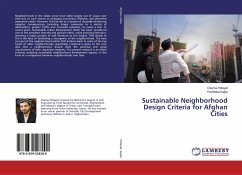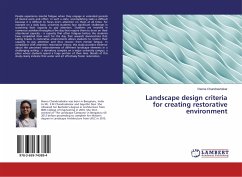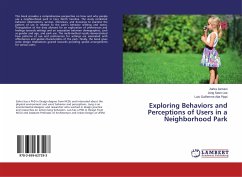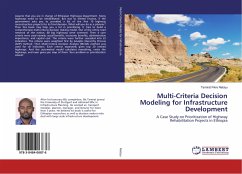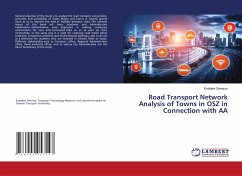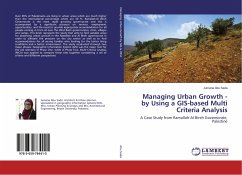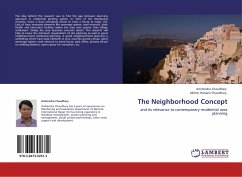Neighborhoods in the classic sense have fallen largely out of vogue over time due to such factors as changing economies, lifestyles, and perceived associated needs. However, this has led to a stream of mutually-reinforcing negative consequences, including longer commutes to a variety of destinations, greater traffic and increased pollution, to name a few. In recent years, Sustainable Urban Development (SUD) has been considered one of the prevalent theories and policies within urban-planning literature, devoting a major portion of said literature to the subject. Tied closely to this is the idea of facilitating a resurgence of the neighborhood. The new concept of the neighborhood within SUD harkens back to some of the key facets of older neighborhoods; specifically, credence is given to the core idea that a neighborhood should meet the personal and social requirements of their respective residents. The present research is an effort towards analyzing sustainable neighborhood development aspects, in the form of a comparison between neighborhoods over time.

